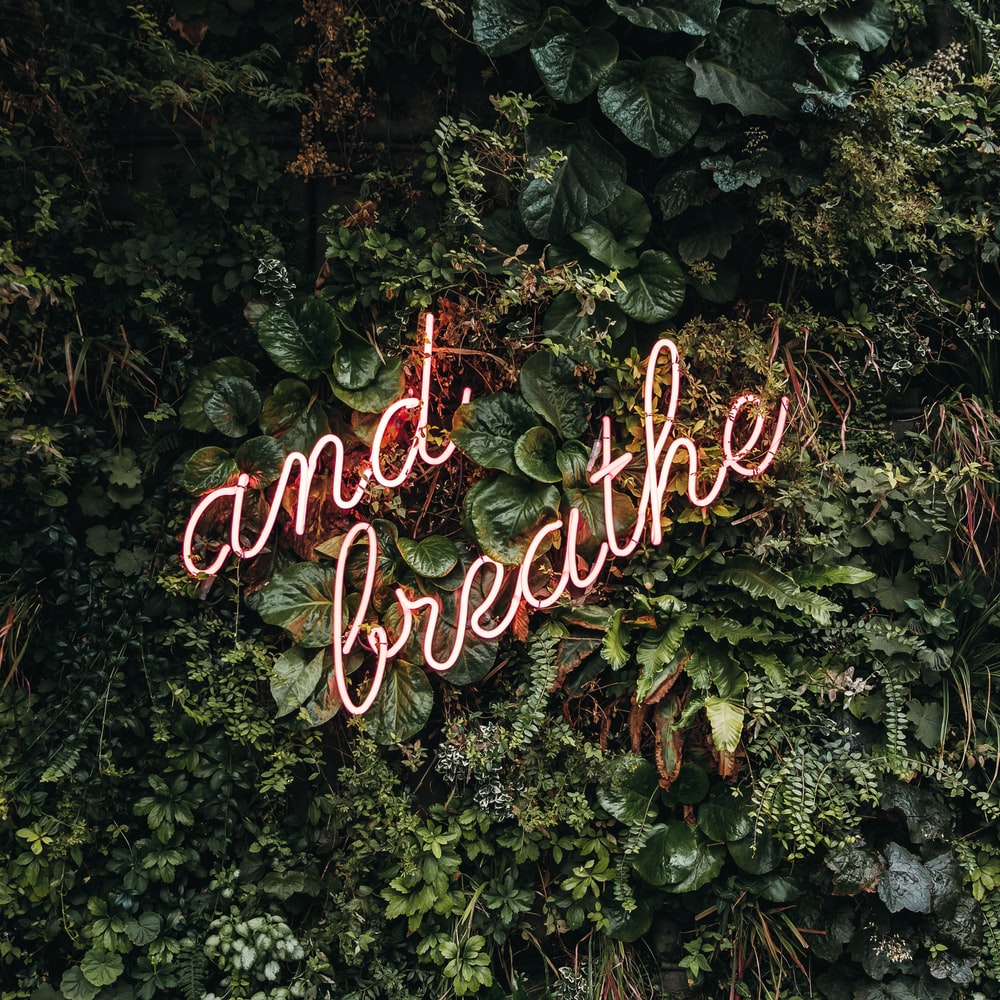How Does Mindfulness Help You As A Performer


I am going to walk you through the step-by-step process every actor should follow, in 2023 and beyond, to give you the best chance of establishing yourself as a working actor in film, tv, theatre or musical theatre, even if you have no experience.
Be honest with me. You’re not getting half the amount of auditions you’d like to be getting, right? You know you’re good, you’re talented, you…
Login To Access You must be logged in to access this resource. Login or Create A Free Account
If you’re about to meet a potential new agent, here are 8 great questions you should ask them to explore if you two are going to be a great fit for each other.
In my last post on productivity I gave you the hard truths about Why You Can’t Find Time For Your Acting Career. Today I’m presenting you with the antidote, four key principles to win back your time and put it to use for your acting career.


Auditions & Castings
Offers & Deals
Events & Classes
Temp Jobs Hiring
Help & Career Support
Start Advertising
Contact Support
Terms Of Service
The Hustle helps you find auditions and castings, get discounts on services like headshots, showreels & beauty treatments, find the best classes & events as well as part time work and career support when you need it most.
